
Millennials realize social media mistakes could damage their career
That half-naked butt-selfies millennials sometimes take on top of their washing machine in the bathroom are coming back to haunt them, as they start looking for their first (or new) job, a new survey says.
The survey by cyber-security firm Norton and recruitment firm Reed says UK millennials (18 - 34 year-olds) are now concerned how their social media activity might interfere, and damage, their professional careers.
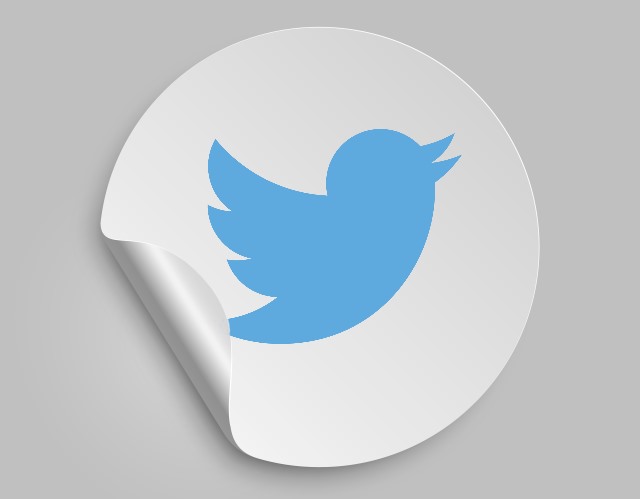
Putting the 'twit' in Twitter? Will changes flood your feed with unwanted messages?
Over the decade since it launched, Twitter has evolved from simple 140 character text messages to incorporate photos, videos and more. It can also justifiably lay claim to introducing and popularizing the hashtag.
In an effort to keep the service up to date the company is rolling out some changes in the coming months. While some of these are useful, others are set to prove unpopular, especially for those who follow business accounts.
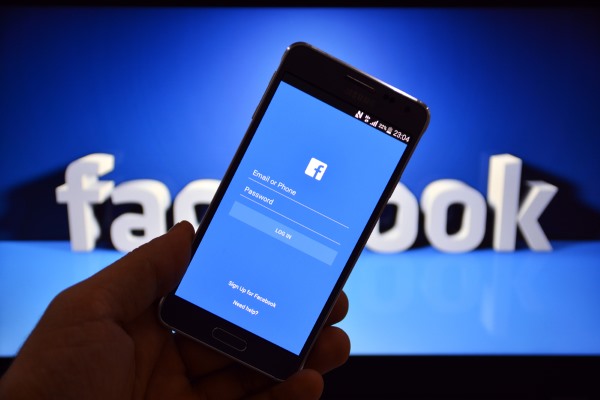
Facebook to update Trending Topics despite denying bias
After an investigation into Trending Topics, Facebook has concluded that there is no evidence of a liberal bias to the news that appears. Mark Zuckerberg met with key conservatives following accusations that the social network was censoring right wing news.
Despite finding 'virtually identical' numbers of conservative and liberal news, Facebook says that it will still make changes to the way Trending Topics work. It says that it is difficult to exclude the possibility of 'unintentional bias' but hopes to improve things by retraining its reviewers and ditching the current reliance on a list of news outlets as sources.

Celebrity threesome injunction sees Twitter send warning emails to those who name PJS and YMA online
People who have named the celebrities known by the initials PJS and YMA have received warning emails from Twitter.
A superinjuntion is in place that prevents the naming of the couple, one of whom is said to have been involved in a threesome with two other people known as AB and CD.

You're about to see a whole lot more of Reddit thanks to embeddable threads
Reddit has announced that it is now possible to embed its discussion threads on other websites. Just as you can embed tweets on your site, the same can now be done with Reddit content. While Reddit has successfully earned its reputation of being the modern-day Digg, the site has not been without controversy.
Its AMA (Ask Me Anything) sessions may prove immensely popular, but it has been plagued with problems with racist content and complaints about censorship. However, Reddit has suffered with image problems of a different kind, often viewed as being niche, geeky and exclusive. Enabling embedding is an attempt to bring the site to a wider audience and change its public perception.

Chinese government manipulates social media with nearly half a billion fake posts per year
China's control over access to the internet is hardly a secret, but the government is not just interested in using the famous Great Firewall of China to limit what its citizens can see. State monitoring of internet usage is very common, and the government also has a propaganda machine in place, manipulating the country via the web.
A new study by researchers at Harvard University suggests that governmental interference online could be even more prolific than first thought. Social media has been infiltrated and is believed to have been taken over by paid trolls whose job it is to inject pro-government, pro-regime, pro-Communist Party posts disguised as genuine content from regular citizens.

GCHQ arrives on Twitter to give a more public face to the spy agency
The UK's GCHQ -- like its US counterpart the NSA -- is an agency traditionally shrouded in secrecy. Tasked with the job of spying on all and sundry in the name of intelligence gathering, the agency has just joined Twitter, greeting other users with an unoriginal "Hello, world".
With the concerns about privacy and security that blew up in the wake of Edward Snowden's NSA surveillance revelation, spy agencies around the world have been on a mission to boost their public image. GCHQ -- complete with the blue tick reserved for verified accounts -- will use Twitter to "provide news, updates, and opinions".
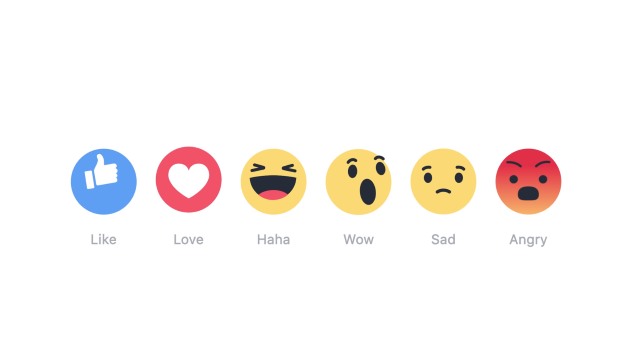
Belgian police warn that Facebook Reactions pose a serious privacy risk
Police in Belgium are warning people not to use Facebook Reactions because of the risk they pose to privacy. Introduced recently to supplement the iconic Like option, Reactions give Facebook users the chance to respond to content with Love, Haha, Wow, Sad, and Angry emoji.
But Belgian police have issued a 'Safe Browsing' warning advising that Facebook is using Reactions to gather information about social network users. Specifically, the police warn that in using Reactions to express emotions, users are giving Facebook the opportunity to build up a more detailed personal profile about them and use that information to deliver closely targeted advertising.

Mark Zuckerberg wants to talk to conservatives about Facebook's trending news bias
After a delay of a few days, Facebook CEO Mark Zuckerberg has jumped to the defence of this social network and its handling of news. Following accusations that trending stories are manipulated to bury right wing news, Facebook has scrambled to play down suggestions of political bias -- something that will be increasingly important as the Trump and Clinton battle comes to a conclusion later in the year.
Zuckerberg felt compelled to respond to the accusations in a post on Facebook, reiterating the previous statement that there are "rigorous guidelines" in place that "do not permit the prioritization of one viewpoint over another or the suppression of political perspectives". He announced that a full investigation is to be carried out to ensure the integrity of Trending Topics, and says he'll be inviting "leading conservatives" to talk about the issue.

Leaked documents show how Facebook manipulates trending news
Facebook has faced accusations of interfering with the headlines that appear in Trending Topics, censoring conservative stories. While admitting to a left wing bias in Silicon Valley, the social network has denied supressing the appearance of right wing news.
However, leaked internal documents show that there is a very structured and controlled process in place that sees employees -- rather than algorithms -- influencing the news that Facebook users see. The documents reveal that there is an editorial team in place, with stories being ranked and promoted by hand. Perhaps just as worrying is the revelation that a very small number of news sources are used by Facebook.
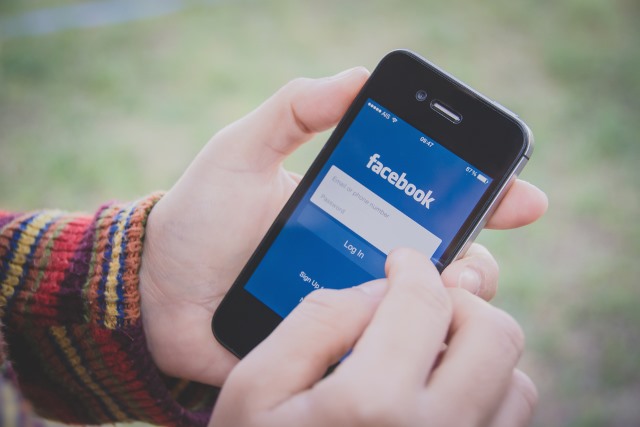
Facebook panders to European privacy concerns by stripping facial recognition from Moments app
Facebook has rolled out its photo-sharing app Moments around the world, and users in Europe have been treated to a modified version. Specifically, the European version of the app lacks the facial recognition feature that allows for automatic tagging of people.
In many ways, Facebook has been forced to release a degraded version of Moments to its EU audience because of the varying privacy laws that exist in different countries. The hobbled app will not attempt to identify individuals in photos, but will group together images that "appear to include the same face".

Facebook admits there is a left wing bias in Silicon Valley
Facebook may be insisting that its news curators are not suppressing right-wing stories, but a senior executive is willing to admit that Silicon Valley as a whole is rather left-leaning.
Alex Schultz, vice president of growth at the social network, says: "There is definitely a left-wing bias to any company based in San Francisco". He made the comments at an LGBT discrimination conference, joking that "a Republican may be the most at-risk diversity at Facebook".
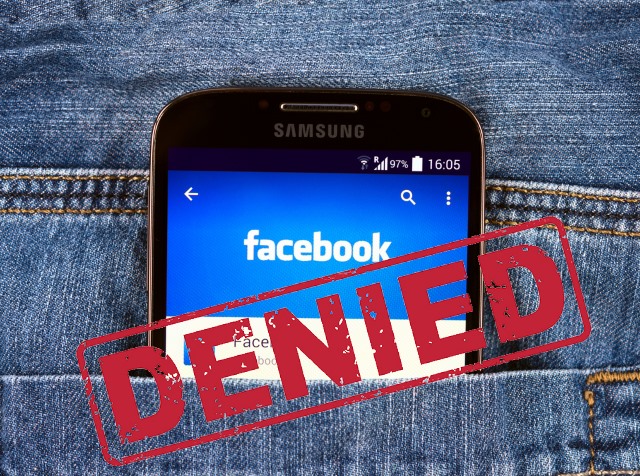
Facebook denies censoring right wing news from Trending Topics
Having been hit with allegations of censoring news from conservative outlets, Facebook has issued a strenuous denial. Gizmodo reported claims from former Facebook "news curators" that they were directed to not only suppress news from right wing sources, but also to "inject" stories into Trending Topics regardless of their actual popularity.
Suggestions that its Trending Topics are driven by a liberal agenda have been denied by Facebook. The social network says it "found no evidence that the anonymous allegations are true", going on to say that while there is a review team in place, its guidelines "do [not] permit the prioritization of one viewpoint over another or one news outlet over another".

After all the fuss about Facebook reactions, hardly anyone is using them
It is as though people have been asking for something more than the Like button on Facebook since the concept was first born. After years of asking, Facebook delivered. Facebook Reactions arrived at the end of February to much excitement.
But the excitement was short-lived, it seems. Two months after launch a study has found that hardly anyone is making use of the five new options (Love, Haha, Wow, Sad, and Angry). Analysis by Quintly reveals that Reactions account for a mere 3 percent of interactions, and the findings make for interesting reading.
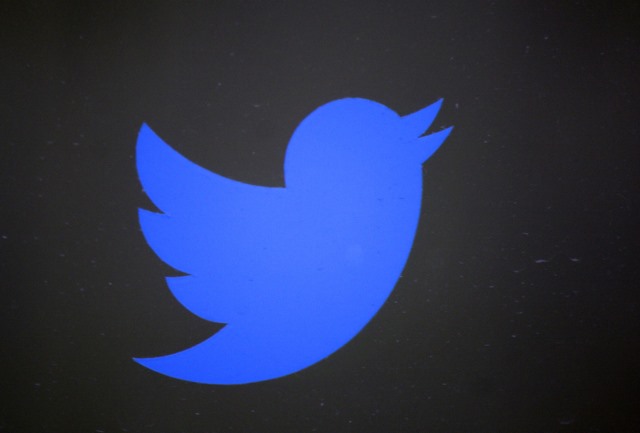
After the death of @MagicRecs, Twitter Connect makes it easier to find people to follow
It was a sad day on Twitter when one of most useful accounts, the @MagicRecs bot, was closed down. The experimental service had been firing account recommendations at users based on who they follow, but the experiment came to an end.
As something of a replacement, Twitter is introducing a Connect tab to its iOS and Android clients. The company says it will make it easier to find people to follow, and will come up with recommendations based on who you already follow, how you use Twitter, and what's proving popular with other people.
